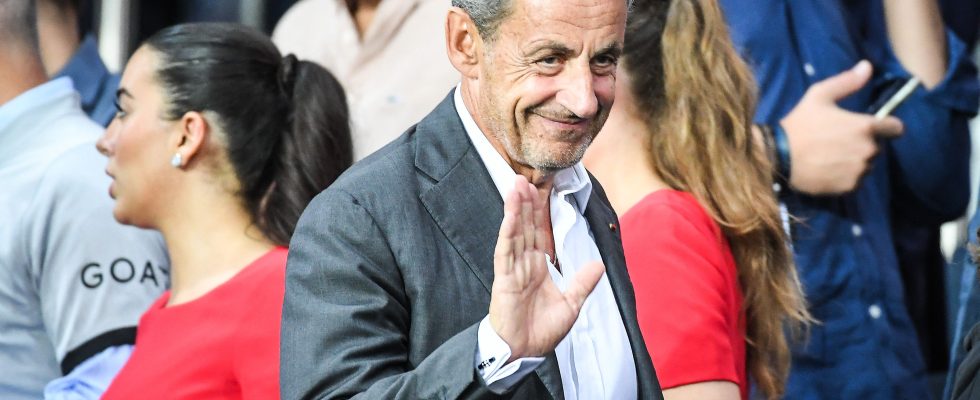The words of Nicolas Sarkozy could be those of another, who would have believed him? In the interview given to Figaro Magazine for the release of his new book The time of battles (Fayard), the former President of the Republic delivers a most benevolent analysis of Vladimir Putin’s Russia. A reading that could obviously have taken an Eric Zemmour or a Marine Le Pen, who has always had more than one financial acquaintance with the Moscow regime. To tell the truth – and there is the surprise – it is with Jean-Luc Mélenchon, the leader of rebellious France, that a convergence takes place. A convergence of struggles?
For both of them, there is no solution other than the diplomatic channel. The conflict between Ukraine and Russia cannot be resolved with arms, but rather with “diplomacy, discussion, exchange”. “The only ways to find an acceptable solution,” he judges, recalling a Jean-Luc Mélenchon who, a year after the Russian invasion, on the set of BFM, called for “Mr. Poutine to be brought back from one way or another at the table at which we begin to discuss […] to find a way out of the war”.
Putin is not “irrational”
Doubtless Mélenchon and Sarkozy do not share the same praise for the Russian dictator – a qualifier neither of them uses. The rebellious, who once believed that Putin’s intervention in Syria could have helped get rid of Daesh, now considers him “an adversary crazy enough to start a war [totale]”, and assures that he “is not [son] model […] since his friends there are fighting him and going to prison because of that”. Nicolas Sarkozy, on the contrary, is more flattering and understanding. “I am told that Vladimir Poutine is no longer the one I knew “, says “the ex” to the Figaro Magazine, but of this he is not “convinced”. Witness, according to him, the many telephone exchanges he was able to have with Putin when he was at the Elysée, and which would demonstrate that he is “not irrational”, swears Sarkozy, like a friend. of Putin.
It is on Emmanuel Macron’s diplomacy that Sarkozy and Mélenchon agree. A much too American-centric policy that they scratch together. In November 2021, in the midst of the presidential election and in the same Figaro, Mélenchon denounces a “puerile vision” of the Head of State with regard to Russia (and China, editor’s note) and considers that it is “absurd” to “cultivate such tension” with these two powers; and Sarkozy, following in his footsteps, now regrets that Emmanuel Macron “did not, alas, go through with” discussions with Putin “because of pressure from Eastern European countries”. “On this subject, European interests are not aligned with American interests,” he adds. Something to recall the phrase of the leader of LFI before the Russian invasion, which he has since dragged like a ball and chain: “I do not believe in an aggressive attitude from Russia or China.” Nicolas Sarkozy like Jean-Luc Mélenchon – and like the French Communists for that matter – oppose any integration of Ukraine into NATO or the European Union.
“The great talent of Mélenchon”
Crimea, annexed in 2014 by Russia, is another common ground. Both consider that international law has been violated by Putin in this affair, but that the region remains Russian at heart. “Any backtracking is illusory”, thinks Nicolas Sarkozy for whom “a majority of the population has always felt Russian”. In March 2014 on his blogJean-Luc Mélenchon wrote that “the Russians [reprenaient] Crimea”, or even that “Crimea [étaient] lost for NATO. Good news” and, also, “the mass is said, Crimea will be Russian and Ukraine is entering into an aggravated chaos.”
Jean-Luc Mélenchon has long been scolded for his diplomatic positions deemed too complacent with regard to Vladimir Putin’s Russia, to the point that Yannick Jadot, during the 2022 presidential election, made it a campaign argument; to the point that the subject regularly divides on the left and was even on the menu of some conversations – tense – during the creation of the Nupes. Nicolas Sarkozy, on the right, will he suffer the same fate? In his new book, the former President of the Republic, who repeatedly castigates rebellious France, does not forget to praise “the great talent of its leader Jean-Luc Mélenchon”.
